|
|
||
| L'8 gennaio 1918 il presidente Wilson enumerò i 14 punti ai quali si sarebbe ispirata la sua azione nella futura conferenza per la pace. | ||
| 1 | Pubblici trattati di pace stabiliti pubblicamente e dopo i quali non vi siano più intese internazionali particolari di alcun genere, ma solo una democrazia che proceda sempre francamente e in piena pubblicità. |
|
| 2 | Assoluta libertà di navigazione per mare, fuori delle acque territoriali, così in pace come in guerra, eccetto i casi nei quali i mari saranno chiusi in tutto o in parte da un’azione internazionale, diretta ad imporre il rispetto delle convenzioni internazionali. | |
| 3 | Soppressione, per quanto è possibile, di tutte le barriere economiche ed eguaglianza di trattamento in materia commerciale per tutte le nazioni che consentano alla pace, e si associno per mantenerla. | |
| 4 | Scambio di efficaci garanzie che gli armamenti dei singoli stati saranno ridotti al minimo compatibile con la sicurezza interna. |
|
| 5 | Regolamento liberamente dibattuto con spirito largo e assolutamente imparziale di tutte le rivendicazioni coloniali, fondato sulla stretta osservanza del principio che nel risolvere il problema della sovranità gli interessi delle popolazioni in causa abbiano lo stesso peso delle ragionevoli richieste dei governi, i cui titoli debbono essere stabiliti. | |
| 6 | Evacuazione di tutti i territori russi e regolamento di tutte le questioni che riguardano la Russia... Il trattamento accordato alla Russia dalle nazioni sorelle nel corso dei prossimi mesi sarà anche la pietra di paragone della buona volontà, della comprensione dei bisogni della Russia, astrazion fatta dai propri interessi, la prova della loro simpatia intelligente e generosa. | |
| 7 |
Il
Belgio – e tutto il mondo sarà di una sola opinione su questo punto
– dovrà essere evacuato e restaurato, senza alcun tentativo per
limitarne l’indipendenza di cui gode al pari delle altre nazioni
libere.
|
|
| 8 |
Il
territorio della Francia dovrà essere completamente liberato e le parti
invase restaurate. Il torto fatto alla Francia dalla Prussia nel 1871, a
proposito dell’Alsazia–Lorena, torto che ha compromesso la pace del
mondo per quasi 50 anni, deve essere riparato affinché la pace possa
essere assicurata di nuovo nell’interesse di tutti.
|
|
| 9 | Una rettifica delle frontiere italiane dovrà essere fatta secondo le linee di demarcazione chiaramente riconoscibili tra le due nazionalità. | |
| 10
11 |
Ai popoli dell’Austria–Ungheria, alla quale noi desideriamo di assicurare un posto tra le nazioni, deve essere accordata la più ampia possibilità per il loro sviluppo autonomo. La Romania, la Serbia ed il Montenegro dovranno essere evacuati, i territori occupati dovranno essere restaurati; alla Serbia sarà accordato un libero e sicuro accesso al mare, e le relazioni specifiche di alcuni stati balcani dovranno essere stabilite da un amichevole scambio di vedute, tenendo conto delle somiglianze e delle differenze di nazionalità che la storia ha creato, e dovranno essere fissate garanzie internazionali dell’indipendenza politica ed economica e dell’integrità territoriale di alcuni stati balcanici. |
|
| 12 |
Alle
regioni turche dell’attuale impero ottomano dovrà essere assicurata
una sovranità non contestata, ma alle altre nazionalità, che ora sono
sotto il giogo turco, si dovranno garantire un’assoluta sicurezza
d’esistenza e la piena possibilità di uno sviluppo autonomo e senza
ostacoli. I Dardanelli dovranno rimanere aperti al libero passaggio
delle navi mercantili di tutte le nazioni sotto la protezione di
garanzie internazionali.
|
|
| 13
14 |
Dovrà
essere creato uno stato indipendente polacco, che si estenderà sui
territori abitati da popolazioni indiscutibilmente polacche; gli dovrà
essere assicurato un libero e indipendente accesso al mare, e la sua
indipendenza politica ed economica, la sua integrità dovranno essere
garantite da convenzioni internazionali. Dovrà essere creata un’associazione delle nazioni, in virtù di convenzioni formali, allo scopo di promuovere a tutti gli stati, grandi e piccoli indistintamente, mutue garanzie d’indipendenza e di integrità territoriale. |
|
|
La Società delle Nazioni, auspicata da Wilson, prese vita nell'aprile 1919. Nel gennaio 1920 ci fu a Ginevra la prima sessione. Gli Stati Uniti, tuttavia, dopo esserne stati i promotori con il presidente Wilson non entrarono a farne parte, per il voto contrario del Congresso Americano. Wilson stesso colpito da emiplegia non partecipò al successivo turno elettorale. Morirà subito dopo. Dal sito della Casa Bianca biografia di Wilson http://www.whitehouse.gov/history/presidents/ww28.html |
||
 I
14 PUNTI DI WILSON
I
14 PUNTI DI WILSON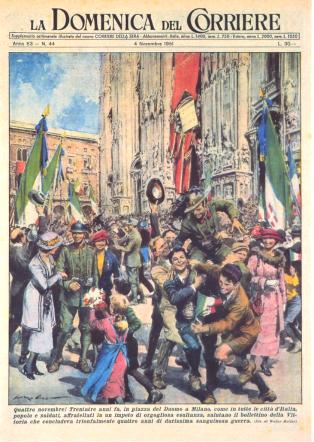
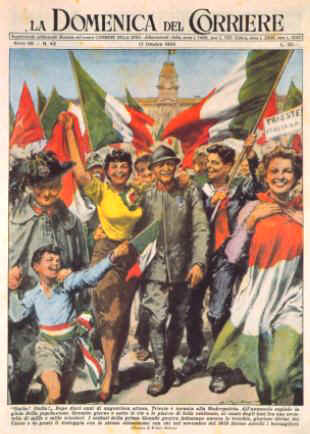
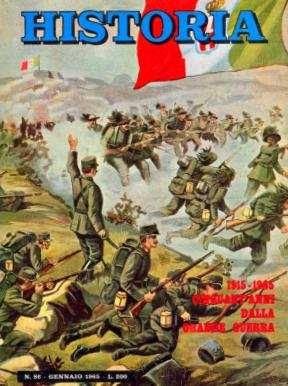
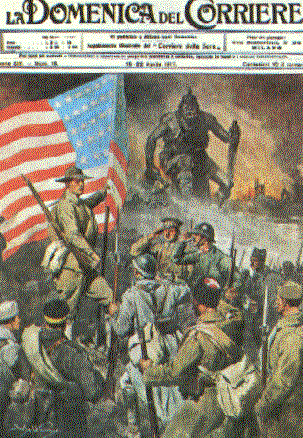
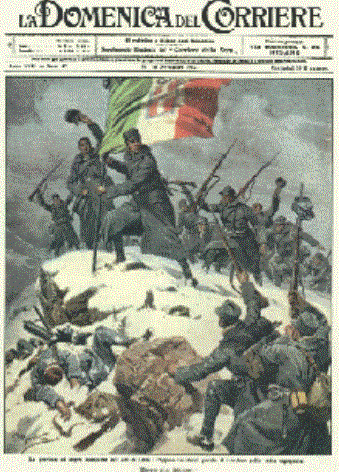
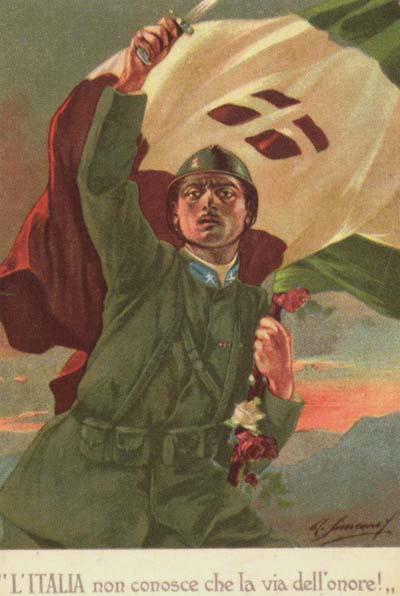 The Treaty of Versailles had given the people of Upper Silesia the right to have a referendum on whether they wanted to be part of Germany or part of Poland. In this referendum, 700,000 voted for Germany and 500,000 for Poland. This close result resulted in rioting between those who expected Silesia to be made part of Germany and those who wanted to be part of Poland. The League was asked to settle this dispute. After a six-week inquiry, the League decided to split Upper Silesia between Germany and Poland. The League’s decision was accepted y both countries and by the people in Upper Silesia.
The Treaty of Versailles had given the people of Upper Silesia the right to have a referendum on whether they wanted to be part of Germany or part of Poland. In this referendum, 700,000 voted for Germany and 500,000 for Poland. This close result resulted in rioting between those who expected Silesia to be made part of Germany and those who wanted to be part of Poland. The League was asked to settle this dispute. After a six-week inquiry, the League decided to split Upper Silesia between Germany and Poland. The League’s decision was accepted y both countries and by the people in Upper Silesia.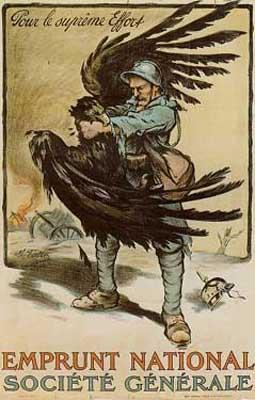
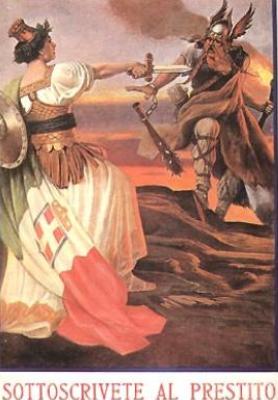 The invasion of the Ruhr (1923)
The invasion of the Ruhr (1923)